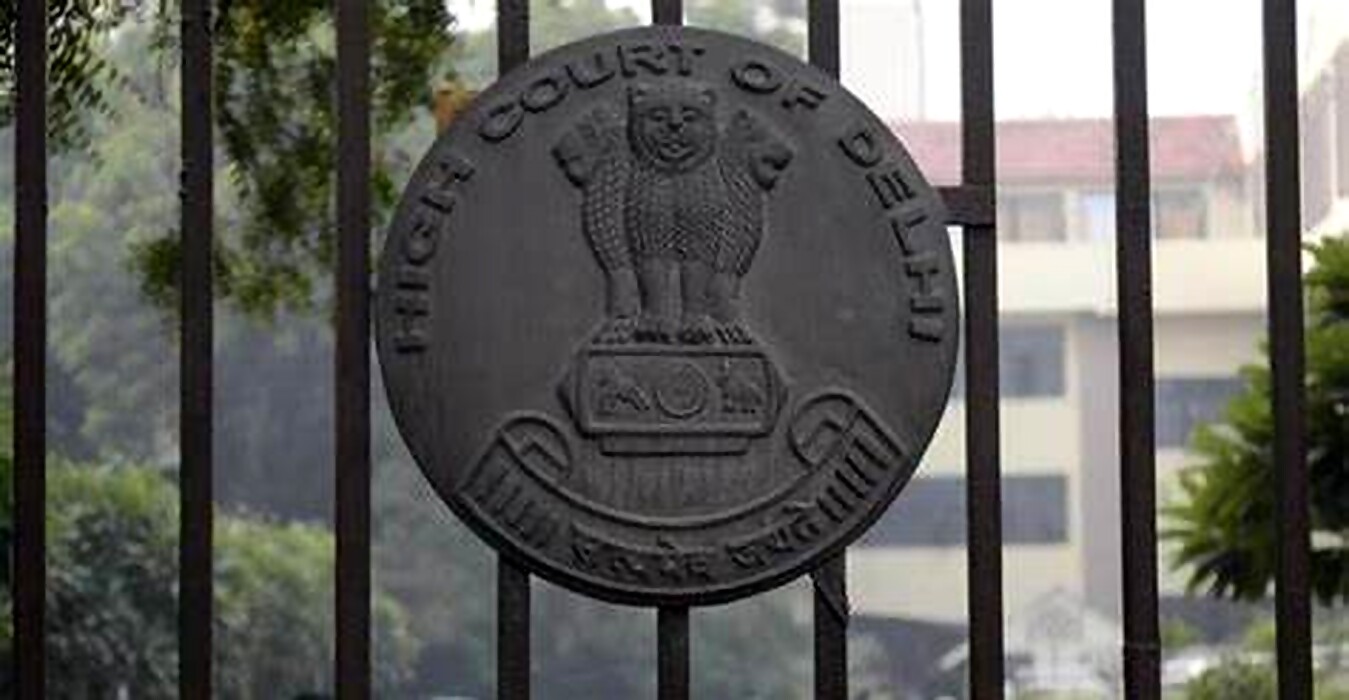In W.P.(C) 6811/2022-DELH HC- Section 22(2) of Apprentices Act is applicable where apprenticeship contract incorporates condition making it mandatory for apprentices to serve employer after successful completion of training: Delhi HC Justice Rekha Palli [03-06-2022]

Read Order: SHIVANGI TRIPATHI AND ORS Vs. UNION OF INDIA AND ORS.
Mansimran Kaur
New Delhi, June 4, 2022: The Delhi High Court has observed that the exception stated under Section 22(2) of the Apprentices Act, 1961 would be applicable in cases where the employer has explicitly incorporated a mandatory condition in the apprentice contract, as per which the apprentice would be required to serve the employer after the successful completion of the training.
Observing that merely because at one stage, the respondent company thought that it would be beneficial to absorb these apprentices, cannot be construed as any estoppel against the respondents from taking a plea that they do not now deem it appropriate at this stage to either absorb the apprentices, the Single Bench of Justice Rekha Palli dismissed the petition instituted by the petitioners.
The facts relevant for perusal of the present petition were that an advertisement was issued by the second respondent for recruitment of 150 accounts apprentices . Consequently, the petitioners applied for the said post and were selected for the same in the interview process.
Thereafter, the apprentices received the extension of their apprenticeship period for a period of six months. The extension letter specified that the said extension was final, apprehending the same, the petitioners submitted representations to the respondents seeking their absorption as Administrative Officer. However, no steps were taken by the respondent, thus to question the same, the petitioners approached the present Court.
After considering the submissions of the parties at length , the Court first and foremost took into consideration Section 22 of the Apprentices Act,1961 on the foundation of which the petitioners presented their case. On a simple reading of the aforesaid Section, the Court opined that Section 22 (1) gives the employer the freedom to formulate its policy for recruitment of apprentices and therefore, there is generally no obligation on an employer to absorb the apprentices. However, Section 22(2) makes an exception and deals with a situation where the apprenticeship contract incorporates a condition making it mandatory for the apprentices to serve the employer after the successful completion of the training; in such a situation, there is indeed an obligation on the employer to offer suitable employment to the apprentice after the completion of the apprenticeship period.
Thus, the question for consideration before this Court was whether there was any such condition in the contract between the parties, which would fall within the ambit of Section 22(2) of the Act. In view of the same, the Court noted that the petitioners contended that both the advertisement and the letter had the above stated condition attached; however, the respondents denied the same. Thus, to reach a conclusion, the Court deemed it fit to refer to relevant extracts of the appointment letter, the advertisement, service conditions and the apprentice bond.
After pursuing the above mentioned set of documents, the Court observed that there was no clause mentioned in the advertisement that the petitioners would be absorbed as Scale 1 officers after completing their apprenticeship period. On the contrary, the last para of the service conditions set out in the advertisement, clearly stated that it was not obligatory on the part of the respondent company to offer any employment to any apprentice after completion of their apprenticeship. The respondent company had, in fact, clearly reserved its right to decide whether to absorb any suitable candidate as Scale I Officer, the Court noted. Similarly, the clause relating to the apprenticeship bond was referred to wherein a bond limited to the period of apprenticeship which was initially fixed as two years, though with a provision for extension at the discretion of the respondents was vividly mentioned.
With respect to the appointment letters, the Court concluded that there was nothing stated in the appointment letter, favoring the contention of the petitioners. Indeed clause 3 of the appointment letter specified a bond period of only one year.
Next with respect to the plea of the petitioners that that once the the Chairman-cumManaging Director through his letter dated June 3, 2021 issued to the Department of Financial Services, Ministry of Finance, written with the approval of the Board, sought permission for absorption of the accounts apprentices in the cadre of Scale 1 officers, the Court observed that the mere fact that at one stage, the respondent company thought that it would be beneficial to absorb these apprentices, cannot be construed as any estoppel against the respondents from taking a plea that they do not now deem it appropriate at this stage to either absorb the apprentices.
Further the Court dealt with the contention of discrimination of the petitioners with the actuarial apprentices. On the same, the Court opined that the same was not acceptable on two grounds: firstly, as stated by the respondents there was no acute shortage of trained actuarial personnel as compared to accounts personnel, secondly and more importantly, the Court stated it is not as if there was any bar in law, which would prevent an employer from absorbing any category of apprentices as it deems fit. The respondents had explained that, keeping in view the shortage of trained actuarial apprentice personnel, a considered decision has been taken to absorb the Actuarial Apprentices engaged by the respondent company.
However, keeping in view the availability of sufficient numbers of trained accounts personnel, no such decision to absorb the Accounts Apprentices was deemed appropriate. This certainly cannot be said to be discriminatory or arbitrary, the Court remarked. In light of the aforesaid observations, the Court writ petition was dismissed on account of being meritless.
Sign up for our weekly newsletter to stay up to date on our product, events featured blog, special offer and all of the exciting things that take place here at Legitquest.




Add a Comment